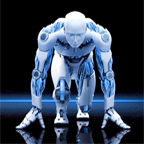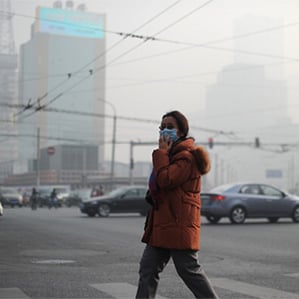
Some of the paintings you see above were painted by some of the most renowned artists in human history. The others were made by an artificial intelligence.
Robotic brains have a ways to go before they match the masters in terms of pure creativity, but it seems they’ve gotten quite good at mimicking and remixing what they see. In a study published late last week by researchers from the University of Tubingen in Germany, researchers described an artificial intelligence neural network capable of lifting the “style” of an image and using that style to copy another image, which is why you see these waterfront houses look as though they were painted by Picasso, van Gogh, or Munch.
As you might expect, the math is quite complex, but the basic idea is pretty simple. As the researchers explain, computers are getting very good at image recognition and reproduction. The neural network basically does two jobs, then: One layer analyzes the content of an image, while another analyzes its texture, or style. These functions can also be split to work across two images.
Continue reading Artificial Intelligence Can Now Paint Like Art’s Greatest Masters

